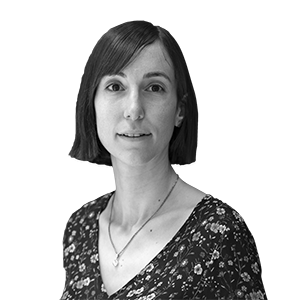Czech writer Ivan Klíma dies, sees dissident against totalitarianism
A Holocaust survivor, he was one of the most important Czech authors of the last century.


BarcelonaCzech writer Ivan Klíma (Prague, 1931-2025) died this Saturday at the age of 94. A Holocaust survivor, Klíma focused his literature on narrating the impact of authoritarianism on people and the effects of living under totalitarian regimes. He did so in around forty books, two of which have been translated into Catalan: Love and Trash (Editions 62, 2002) and The spirit of Prague (Cuadernos Quema, 2010). His dissident voice developed primarily from his experiences as a child, between 1941 and 1945, in the Terezín concentration camp, where he was imprisoned by the Nazis. There he began to write, seeking refuge in his imagination. Klíma conveyed the horror he experienced during those years in some of his novels and short stories, especially in the book Judge on trial (1991).
Much of Klíma's writing also focuses on the communist era, particularly the aftermath of the 1968 Prague Spring. Klíma had supported Alexander Dubcek, who wanted to create "socialism with a human face" in Czechoslovakia (the former name of the Czech Republic), but his troops, through the Warsaw Pact, invaded the country. The writer then went into exile in the United States, where he worked as a university professor. In the 1970s, he returned to Prague and devoted himself to editing and publishing underground texts. He also held a wide variety of jobs, from street sweeper and bricklayer to hospital worker. His experience as a dissident later informed some of his stories. In fact, most of them were published underground, as Klíma's works were banned in Czechoslovakia for 20 years.
Klíma was not recognized as one of the Czech Republic's most important writers until the fall of the communist regime in 1989. At that time, he withdrew from public life and devoted himself to writing, a seclusion that lasted for two decades. The late 20th-century writer's works portray characters who, after having faithfully obeyed a dictatorship, find themselves adrift and lost amidst the freedoms acquired by a country that has recently embraced democracy. In 1990, American novelist Philip Roth wrote an article praising Klíma in New York Review of Books and at that time two of his books, My merry mornings (1985) and Love and Trash (originally published in 1986) sold more than 100,000 copies each. Since then, Klíma's books have been translated into some thirty languages.
In 2008, Klíma visited Barcelona. The writer gave a lecture at the Center for Contemporary Culture of Barcelona (CCCB) accompanied by the editor Jaume Vallcorba, and immediately afterward held a conversation with the writer Sergi Pàmies. Throughout his career, he was recognized with the Franz Kafka Prize for Literature in 2002 and received the Czech Republic Medal.
